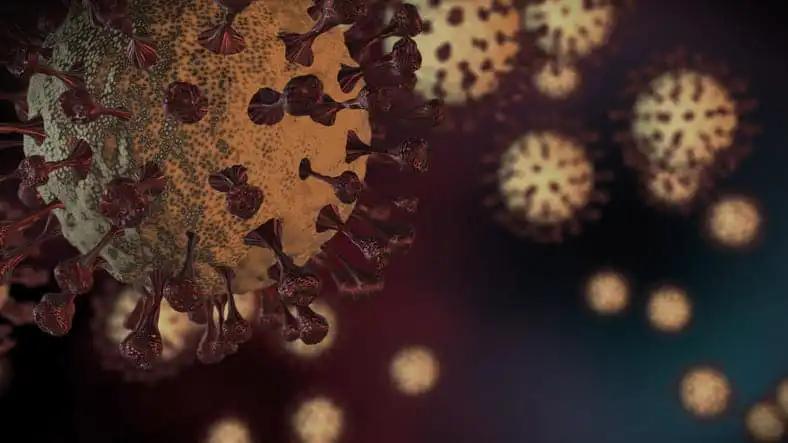KEY TAKEAWAYS
- GMaT and ACT4CAT are observational phase IV trials that aimed to record the clinical practice of thromboprophylaxis in cancer patients.
- The most common tumor types were gastrointestinal and lung. Tinzaparin was the most commonly used thromboprophylaxis.
- Results demonstrated that intermediate doses of LMWHs effectively prevented thrombosis in cancer patients, with a lower risk of bleeding than higher doses.
- The study concluded that VTE prophylaxis in ambulatory cancer patients was safe and effective, with LMWHs as the preferred agent.
Venous Thromboembolism (VTEs) are a major risk for cancer patients and can have serious consequences. Prophylaxis is recommended for patients with a high-risk score. GMaT and ACT4CAT phase IV trials aimed at recording the clinical practice of thromboprophylaxis in cancer patients.
The study included 1,157 patients from 26 oncology clinics and found that the most common tumor types were gastrointestinal (38.5%), lung (24.8%), urological (12.2%), gynecological (6.9%), breast (6.1%), and others (11.5%). The most common treatment lines were first (62.5%), second (15.1%), third (4%), adjuvant (9.7%), and neoadjuvant (5.9%). The majority of patients were aged ≥65 (55.2%), had a BMI ≥30 (17.8%), and were male (59.9%). High-Risk Thrombosis Agents (HRTAs) were received by 82.3% of patients, with the most common being platinum agents (52.9%), antimetabolites (49.0%), and immunotherapy (10.2%). Potential drug-drug interactions (DDIs) with Direct Oral Anticoagulants (DOACs) were present in 52.7% of anticancer agents.
The median duration of thromboprophylaxis was 5.1±3.3 months, with the most common anticoagulants being tinzaparin (91.2%), fondaparinux (4.6%), bemiparin (2.3%), enoxaparin (1.2%), rivaroxaban (0.4%), and apixaban (0.3%). Intermediate doses of low-molecular-weight heparins (LMWHs) were received by 62% of patients, with 50% in the adjuvant setting and 72.6% in the metastatic setting. There were 32 reported thrombotic events (efficacy: 97.2%, 95% CI: 96.3-98.2%) and 26 grade 1 or minor bleedings (2.2%, 95%CI: 1.4-3.1%). Patients receiving intermediate doses of LMWHs had a significantly lower risk for thrombosis (P=0.0308).
The study concluded that VTEs prophylaxis in ambulatory patients with active cancer is safe and effective. LMWHs are the most common anticoagulants used, often with intermediate doses.
Source: https://meetings.asco.org/abstracts-presentations/221910
Clinical Trial: https://classic.clinicaltrials.gov/ct2/show/NCT03909399
Nikolaos Tsoukalas, Athina Christopoulou, Eleni Timotheadou, Anna Koumarianou, Alexandros Ardavanis, Ilias Athanasiadis, Stamatina G Demiri, Alexandros Bokas, Georgios Samelis, Stavros Peroukidis, George Papatsibas, Charalampos Andreadis, Achilleas Nikolakopoulos, Amanda Psyrri, Nikolaos Kapodistrias, Pavlos Papakostas, Gerasimos Aravantinos, Athanasios Athanasiadis, Pavlos Papakotoulas, and Ioannis Boukovinas. Journal of Clinical Oncology (2023) 41:16_suppl, 6637-6637.



